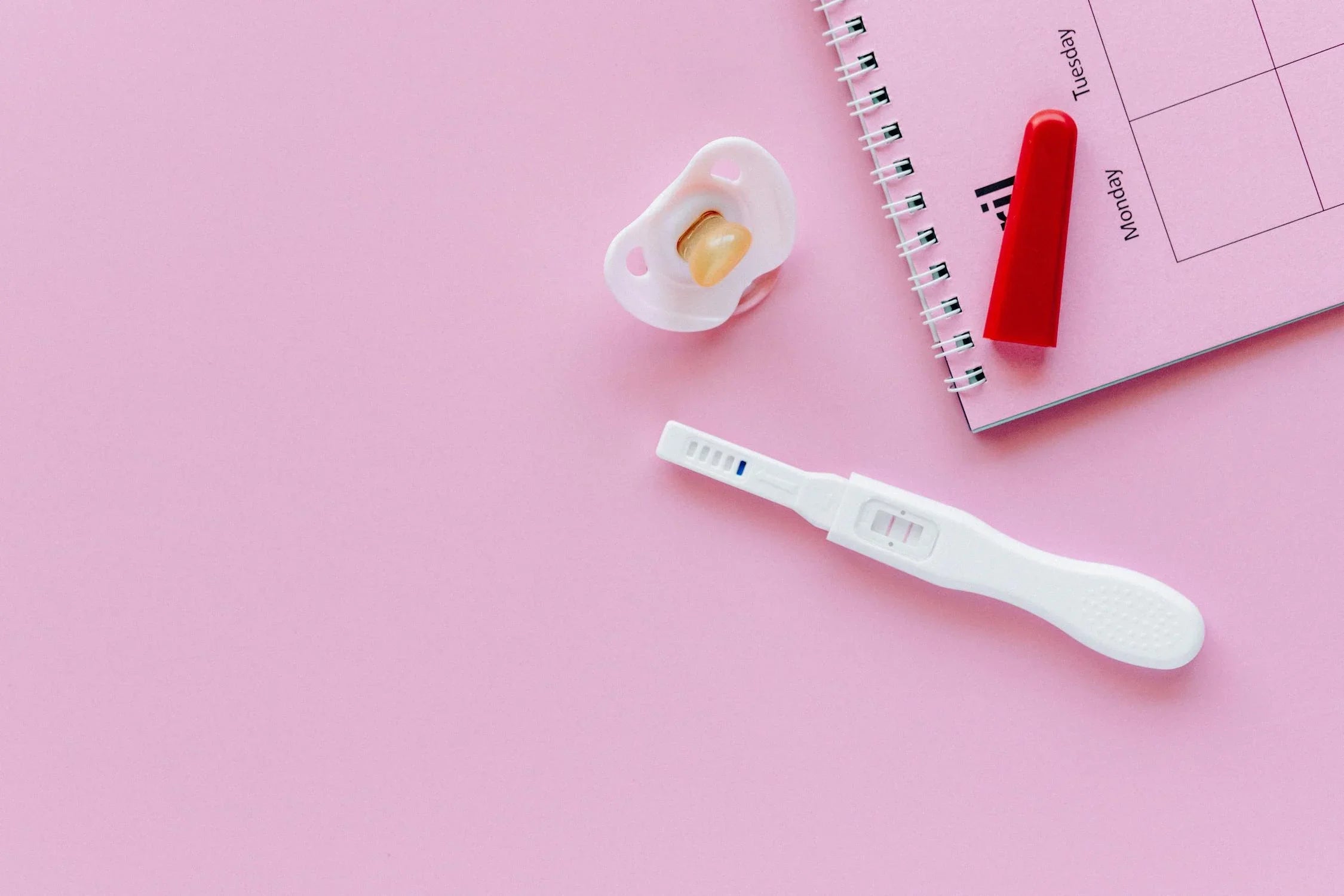Startseite
Pregnancy, Breastfeeding, and Pumping: The Ultimate Guide for Moms
When Should Take Pregnancy Test: A Comprehensive Guide

When Should Take Pregnancy Test: A Comprehensive Guide
Deciding when to take a pregnancy test can be a pivotal moment filled with anticipation and anxiety. Understanding the right time to test can significantly impact the accuracy of the results, providing clarity and peace of mind. This guide will walk you through the essential factors to consider when determining the best time to take a pregnancy test.
Understanding Pregnancy Tests
Pregnancy tests are designed to detect the presence of human chorionic gonadotropin (hCG), a hormone produced during pregnancy. There are two main types of pregnancy tests: urine tests and blood tests. Urine tests are the most commonly used and can be performed at home, while blood tests are typically conducted in a medical setting.
When to Take a Pregnancy Test
The timing of a pregnancy test is crucial for obtaining accurate results. Here are some key considerations:
Missed Period
The most common indicator that it’s time to take a pregnancy test is a missed period. Most home pregnancy tests are designed to detect hCG levels about a week after a missed period. Testing too early may result in a false negative, as hCG levels may not yet be high enough to detect.
Early Symptoms
Some women experience early pregnancy symptoms before a missed period, such as nausea, breast tenderness, fatigue, and frequent urination. If you notice these symptoms, it may be worth taking a pregnancy test, even if your period hasn’t been missed yet.
Irregular Cycles
For women with irregular menstrual cycles, determining the best time to take a pregnancy test can be more challenging. In such cases, it’s advisable to wait at least two weeks after unprotected intercourse before testing. Tracking ovulation using methods like basal body temperature or ovulation predictor kits can also help pinpoint the optimal testing time.
After Fertility Treatments
If you’ve undergone fertility treatments, your healthcare provider may recommend specific timing for taking a pregnancy test. This is because fertility treatments can affect hCG levels, and testing too early may not yield accurate results.
Factors Affecting Test Accuracy
Several factors can influence the accuracy of a pregnancy test:
Test Sensitivity
Different pregnancy tests have varying levels of sensitivity to hCG. Some tests can detect lower levels of hCG earlier in pregnancy, while others require higher levels for a positive result. Always check the sensitivity of the test you’re using to understand when it’s most effective.
Time of Day
The concentration of hCG in urine can vary throughout the day. For the most accurate results, it’s generally recommended to take a pregnancy test first thing in the morning when urine is most concentrated.
Proper Usage
Following the instructions provided with the pregnancy test is essential for accurate results. Improper usage, such as not waiting the recommended amount of time or using an expired test, can lead to incorrect readings.
Interpreting the Results
Understanding how to interpret the results of a pregnancy test is just as important as knowing when to take it. Here’s what to look for:
Positive Result
A positive result typically indicates pregnancy. However, it’s important to confirm the result with a healthcare provider, as certain medical conditions or medications can also cause elevated hCG levels.
Negative Result
A negative result may mean you’re not pregnant, but it could also be due to testing too early or improper usage. If you suspect you might still be pregnant despite a negative result, wait a few days and test again.
Invalid Result
An invalid result occurs when the test doesn’t work correctly, often due to improper usage or a faulty test. If you receive an invalid result, it’s best to take another test following the instructions carefully.
Next Steps After Testing
Once you’ve taken a pregnancy test, the next steps depend on the result:
Positive Result
If you receive a positive result, schedule an appointment with your healthcare provider to confirm the pregnancy and begin prenatal care. Early prenatal care is crucial for the health of both the mother and the baby.
Negative Result
If you receive a negative result but still suspect you might be pregnant, wait a few days and test again. If you continue to experience symptoms or have concerns, consult your healthcare provider for further evaluation.
Uncertain Result
If you’re unsure about the result or have any doubts, it’s always best to seek medical advice. Your healthcare provider can perform a blood test or ultrasound to confirm whether you’re pregnant.
Knowing when to take a pregnancy test can make all the difference in obtaining accurate results and preparing for the next steps. Whether you’re eagerly hoping for a positive result or bracing for a negative, understanding the timing and factors involved can help you navigate this important moment with confidence.
Teilen
